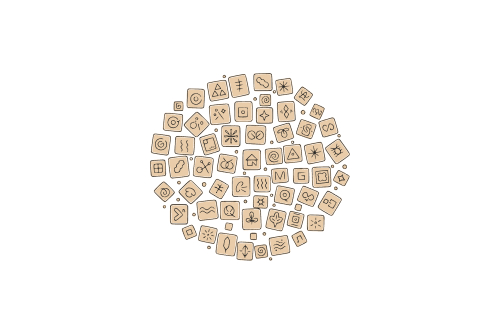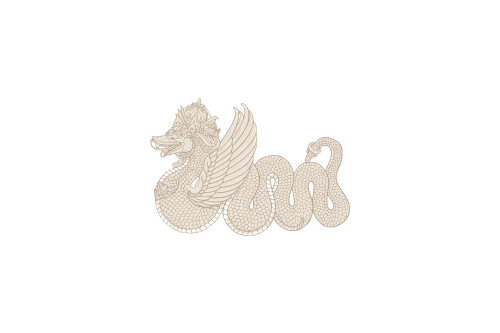In Javanese wisdom, not all days are created equal. Just as the physical weather can be sunny, rainy, or stormy, the energetic weather of each day has a unique quality. Understanding this flow can help you navigate your life with greater ease and intention. This is the wisdom behind the concepts of auspicious (dina becik) and inauspicious (dina ala) days.
It is crucial to understand that a "bad day" is not a prediction of doom or a day when you are fated to fail. This is a common misunderstanding. Instead, think of it in terms of flow and resistance.
Dina Becik (Good Days)
A "good day" is a day when the universal energy is flowing in a supportive and harmonious direction. It's like sailing with a strong wind at your back. Actions initiated on these days tend to meet with less resistance and have a greater chance of success. These are ideal times for:
- Starting a new project or business
- Getting married or engaged
- Moving to a new home
- Having an important conversation
Wetonscope highlights these "power days" in your monthly reading to help you plan your most important moves.
Day Characters and Values
Each day in the Javanese calendar is not only marked as good or bad, but also carries a unique character and value that colors its energy:
- Sri: Symbolizes abundance, prosperity, and good fortune. Days with Sri are excellent for financial activities and wealth acquisition.
- Pacak: Represents preparation, foundation, and steady progress. These days are good for laying groundwork and planning future ventures.
- Suwung: Indicates emptiness or a pause. Efforts may feel unproductive, so it's better to plan or reflect rather than take action.
- Gigis: Associated with challenges and obstacles, especially in financial matters. Proceed with caution and avoid risky decisions.
- Carik jalan: Signifies pathways and opportunities. These days are favorable for networking, finding new directions, and exploring possibilities.
The character of the day (Good, Less Good, Very Bad) and its description help you understand the best use of its energy. For example, a "Good" day with Sri is ideal for celebrations and financial growth, while a "Very Bad" day with Gigis warns of obstacles and advises caution.
Dina Ala (Inauspicious Days)
An "inauspicious day" is a day when the cosmic energy is turbulent, resistant, or in a state of friction. It's like trying to swim against a strong current. It doesn’t mean you will drown, but it will take a lot more effort to make progress, and the risk of struggle is higher.
Javanese wisdom advises using these days for caution, introspection, and continuation, rather than initiation. It's a day to tend to your existing garden, not to plant new seeds.
Some days are considered especially inauspicious, such as Taliwangke and Samparwangke days. These are not just "bad days", they are days marked by a deeper energetic entanglement or disruption.
Taliwangke (literally "entangled rope") days are believed to bring heightened risk of conflict, misfortune, or obstacles, especially for new ventures, ceremonies, or important decisions.
Samparwangke days carry a similar warning, often associated with illness, loss, or unexpected setbacks. On these days, tradition strongly advises against initiating major activities, starting new projects, or holding significant events. Instead, focus on maintenance, reflection, and self-care.
Taliwangke Days:
- Monday Kliwon (on Wuye Wuku)
- Tuesday Legi (on Wayang Wuku)
- Wednesday Pahing (on Landep Wuku)
- Thursday Pon (on Warigalit Wuku)
- Friday Wage (on Kuningan Wuku)
- Saturday Kliwon (on Kuruwelut Wuku)
Samparwangke Days:
- Monday Kliwon (on Warigalit Wuku)
- Monday Legi (on Bala Wuku)
- Monday Pahing (on Langkir Wuku)
- Monday Pon (on Sinta Wuku)
- Monday Wage (on Tambir Wuku)
Ultimately, this system is a tool for mindful living. By understanding the energetic weather, including the special caution for Taliwangke and Samparwangke days, and the unique character and value of each day, you can choose the right "clothes" for the day.
You can still go out in the rain, but it’s wise to bring an umbrella. Your free will (usaha) is always the most powerful force, and this wisdom simply helps you apply it more effectively.




